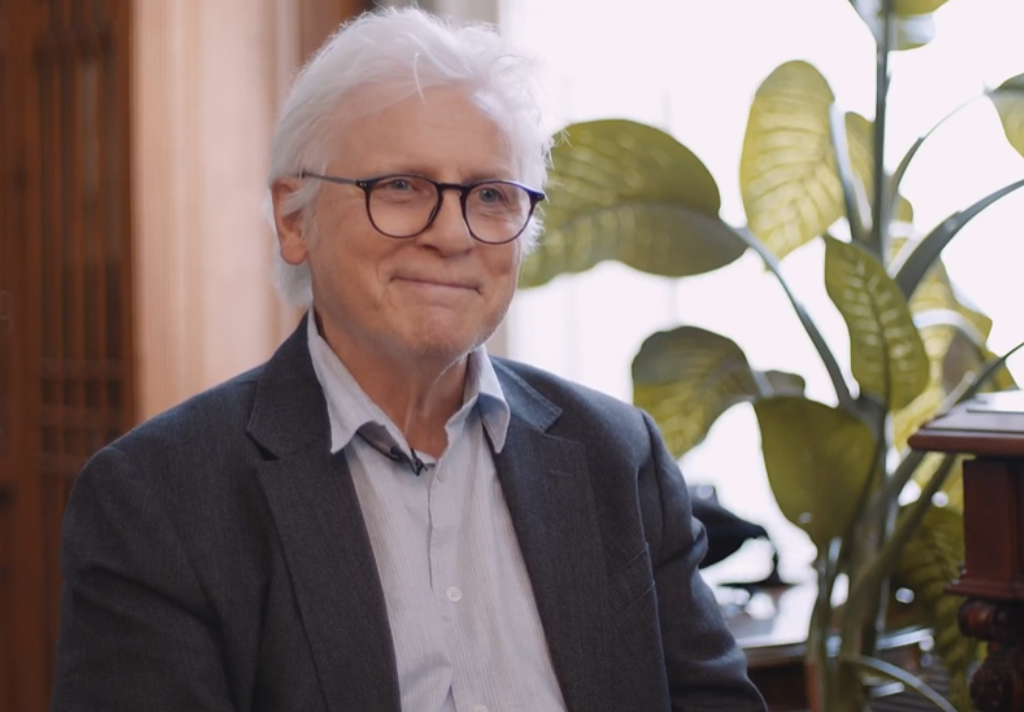Eric Fombonne, a Child and Adolescent Psychiatrist, is Professor Emeritus of Psychiatry at Oregon Health and Science University. He previously held leadership roles at McGill University and the Montreal Children’s Hospital. Over his decades-long career, he has worked clinically with autistic individuals while leading epidemiological research that has challenged misinformation about underlying causes of autism.
His influence extends worldwide. Author of more than 390 peer-reviewed articles and 50 book chapters, he also serves as Joint Editor of the Journal of Child Psychology and Psychiatry. His career has taken him from France to the UK, Canada, and the United States, shaping autism research and care across continents. In 2004, he founded McGill’s Autism Research Training (ART) program to fill a gap in comprehensive autism research training. That initiative planted the seeds for what is now CanNRT.
Beyond his own scholarship, his legacy is seen in the many trainees who now lead labs and programs around the world, a mentor-mentee “genealogy” captured in Spectrum’s Mentor Map. `
At the 2025 CanNRT Annual Summer School, Eric reflected on this journey and shared advice for the next generation of researchers.
How are you involved in CanNRT?
Fombonne: I am a CanNRT Faculty member and teach sessions to Fellows on the epidemiology of autism and research into environmental risk factors.
I also founded the first training program, the Autism Research Training (ART) program in 2004 with a grant from the Canadian Institutes of Health Research (CIHR).
“Training the next generation requires more than teaching—it’s about connection, collaboration, and shared purpose,” says Dr. Eric Fombonne, reflecting on the origins and enduring impact of CanNRT’s collaborative model. (Production: Desmond Dyson)
What motivates you?
Fombonne: I have been committed to improving the lives of autistic individuals and their families since I started to be involved in autism research in 1986.
Over the years, I have developed clinical programs and research programs that employed epidemiological approaches to the study of autism, its outcome, its correlations, its genetic underpinnings, and so on.
As part of these activities, knowledge transfer activities and work in partnerships with family associations and community organizations have taken a substantial place.
How is your work advancing neurodevelopmental research?
Fombonne: I have been actively involved in the vaccine controversy and conducted research that refuted the hypothesis of a link between measles vaccines and autism risk, as well as of autism risk in relation to thimerosal-containing vaccines.
As an expert witness, I contributed to the litigation that happened in the mid-2000s and resulted in the reject of the hypothesis linking vaccines to autism.
I continue the same line of work in current litigations on new ‘theories’ of autism that, like the vaccine saga, have no empirical grounding and present serious threats to public health.
What are some examples of current challenges researchers face when confronting misinformation in the field?
Fombonne: Some studies, but not all, have suggested an association between prenatal exposure to acetaminophen and risk of autism and ADHD among offspring. Most observed associations are confounded since evaluating the amount of acetaminophen taken by pregnant people is hard to measure for an over-the-counter medication.
Since the reasons for taking acetaminophen (migraine, fever, pain) are not always recorded or recalled accurately, confounding by indication is pervasive is those studies as observed associations cannot be adjusted for indication and we do not know if these inconsistent associations reflect a direct effect of the drug on autism risk rather than arising due to the increased frequency of indications of the drug among mothers of autistic children.
In two large population-based studies performed in Sweden and Japan, authors could perform sibling comparisons that adjust for shared familial and genetic factors and showed that the significant associations initially found in the full samples disappeared in sibling analyses, providing strong evidence against a causal link between prenatal acetaminophen exposure and risk of autism.
For more information, read my recent commentary in the European Journal of Epidemiology (September 2025) and editorial in The Journal of Child Psychology and Psychiatry (October 2025).
What advice do you have for early career researchers?
Fombonne: The trans-disciplinarity is a remarkable feature of CanNRT and the promotion of networking among Fellows and faculty is a precious and irreplaceable experience.
I wish Fellows will maintain and develop the relationships they formed with colleagues during CanNRT. Having a supportive and diverse group of peers will support them throughout their career.
In addition, current attacks on science by some authorities and organizations are likely to result in a flurry of poor studies, misinterpretation of data, and old and new conspiracy theories. In standing firmly on the side of empirical data and facts, not being isolated will help them in repelling these assaults.
Stay connected
Want to follow Eric’s continued impact?
Explore his professional profile, Wikipedia page, HSTalks lectures, profile and articles in The Transmitter, or refer to his complete list of publications for his latest work and research.

